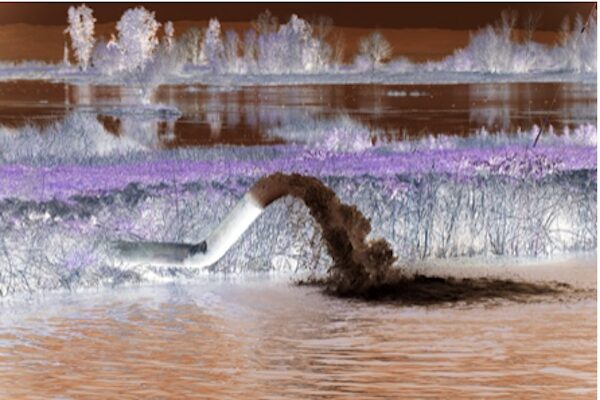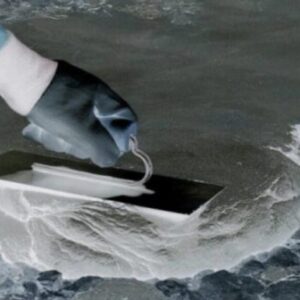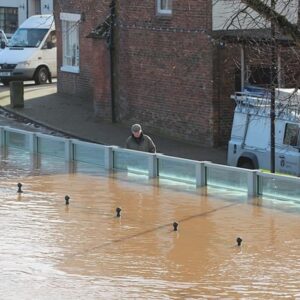Description
Ground-water engineering is the art and science of investigating, developing, and managing ground water for the benefit of man. The technology involves specialized fields of oil science, hydraulics, hydrology, drainage, geophysics, geology, mathematics, agronomy, metallurgy, bacteriology, and electrical, mechanical, and chemical engineering. The ever-increasing demand for water will make ground-water engineering increasingly important. In addition to the solution of ground-water recovery problems for water supply, ground-water engineering is important in problems concerning seepage from surface reservoirs and canals the effects of bank storage, stability of slopes, recharging of ground-water reservoirs, controlling of saltwater intrusion, dewatering of excavations, subsurface drainage, and construction, land subsidence, waste disposal, and contamination control. Ground-water engineering involves the determination of aquifer properties and characteristics and the application of hydraulic principles to ground-water behavior for the solution of engineering problems.






